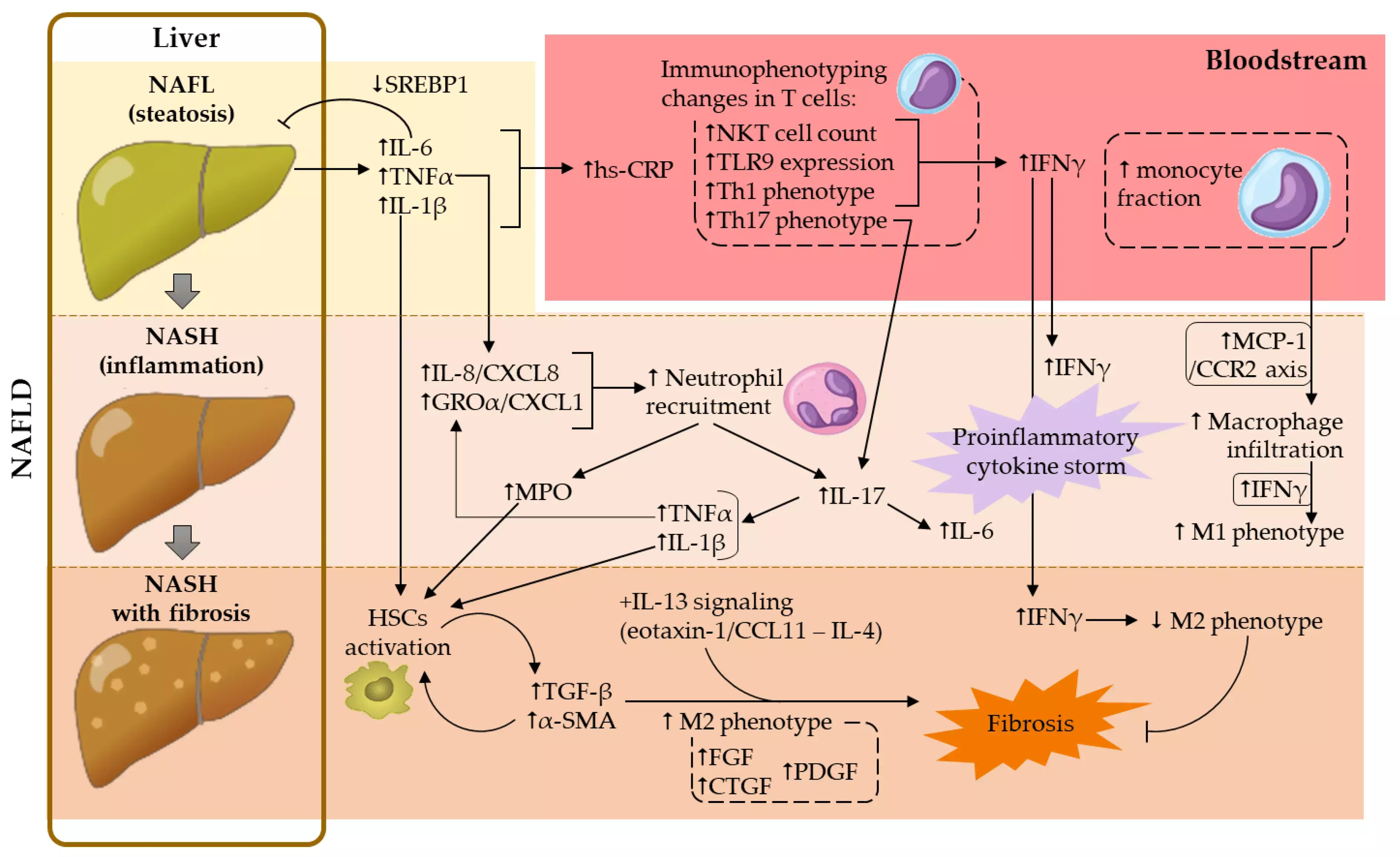- Home
- Medical news & Guidelines
- Anesthesiology
- Cardiology and CTVS
- Critical Care
- Dentistry
- Dermatology
- Diabetes and Endocrinology
- ENT
- Gastroenterology
- Medicine
- Nephrology
- Neurology
- Obstretics-Gynaecology
- Oncology
- Ophthalmology
- Orthopaedics
- Pediatrics-Neonatology
- Psychiatry
- Pulmonology
- Radiology
- Surgery
- Urology
- Laboratory Medicine
- Diet
- Nursing
- Paramedical
- Physiotherapy
- Health news
- Fact Check
- Bone Health Fact Check
- Brain Health Fact Check
- Cancer Related Fact Check
- Child Care Fact Check
- Dental and oral health fact check
- Diabetes and metabolic health fact check
- Diet and Nutrition Fact Check
- Eye and ENT Care Fact Check
- Fitness fact check
- Gut health fact check
- Heart health fact check
- Kidney health fact check
- Medical education fact check
- Men's health fact check
- Respiratory fact check
- Skin and hair care fact check
- Vaccine and Immunization fact check
- Women's health fact check
- AYUSH
- State News
- Andaman and Nicobar Islands
- Andhra Pradesh
- Arunachal Pradesh
- Assam
- Bihar
- Chandigarh
- Chattisgarh
- Dadra and Nagar Haveli
- Daman and Diu
- Delhi
- Goa
- Gujarat
- Haryana
- Himachal Pradesh
- Jammu & Kashmir
- Jharkhand
- Karnataka
- Kerala
- Ladakh
- Lakshadweep
- Madhya Pradesh
- Maharashtra
- Manipur
- Meghalaya
- Mizoram
- Nagaland
- Odisha
- Puducherry
- Punjab
- Rajasthan
- Sikkim
- Tamil Nadu
- Telangana
- Tripura
- Uttar Pradesh
- Uttrakhand
- West Bengal
- Medical Education
- Industry
Glycated haemoglobin may predict disease severity among patients with NAFLD, finds study

Glycated haemoglobin may predict disease severity in patients with NAFLD, a study published in the Diabetes Research and Clinical Practice.
Currently, non-invasive scoring systems to stage the severity of non-alcoholic fatty liver disease (NAFLD) do not consider markers of glucose control (glycated haemoglobin, HbA1c); this study aimed to define the relationship between HbA1c and NAFLD severity in patients with and without type 2 diabetes.
Data were obtained from 857 patients with liver biopsy staged NAFLD. Generalized-linear models and binomial regression analysis were used to define the relationships between histological NAFLD severity, age, HbA1c, and BMI. Paired biopsies from interventional studies (n = 421) were used to assess the impact of change in weight, HbA1c and active vs. placebo treatment on improvements in steatosis, non-alcoholic steatohepatitis (NASH), and fibrosis.
Results: In the discovery cohort (n = 687), risk of severe steatosis, NASH and advanced fibrosis correlated positively with HbA1c, after adjustment for obesity and age. These data were endorsed in a separate validation cohort (n = 170). Predictive modelling using HbA1c and age was non-inferior to the established non-invasive biomarker, Fib-4, and allowed the generation of HbA1c, age, and BMI adjusted risk charts to predict NAFLD severity. Following intervention, reduction in HbA1c was associated with improvements in steatosis and NASH after adjustment for weight change and treatment, whilst fibrosis change was only associated with weight change and treatment. HbA1c is highly informative in predicting NAFLD severity and contributes more than BMI. Assessments of HbA1c must be a fundamental part of the holistic assessment of patients with NAFLD and, alongside age, can be used to identify patients with highest risk of advanced disease.
Reference:
Santo Colosimo, Hamish Miller, Dimitrios A. Koutoukidis, Thomas Marjot, Garry D. Tan, David J. Harman, Guruprasad P. Aithal, Pinelopi Manousou, Roberta Forlano, Richard Parker, David A. Sheridan, Philip N. Newsome, William Alazawi, Jeremy F. Cobbold, Jeremy W. Tomlinson. Glycated haemoglobin is a major predictor of disease severity in patients with NAFLD, Diabetes Research and Clinical Practice, 2024, 111820, ISSN 0168-8227, https://doi.org/10.1016/j.diabres.2024.111820.
Dr. Shravani Dali has completed her BDS from Pravara institute of medical sciences, loni. Following which she extensively worked in the healthcare sector for 2+ years. She has been actively involved in writing blogs in field of health and wellness. Currently she is pursuing her Masters of public health-health administration from Tata institute of social sciences. She can be contacted at editorial@medicaldialogues.in.
Dr Kamal Kant Kohli-MBBS, DTCD- a chest specialist with more than 30 years of practice and a flair for writing clinical articles, Dr Kamal Kant Kohli joined Medical Dialogues as a Chief Editor of Medical News. Besides writing articles, as an editor, he proofreads and verifies all the medical content published on Medical Dialogues including those coming from journals, studies,medical conferences,guidelines etc. Email: drkohli@medicaldialogues.in. Contact no. 011-43720751


